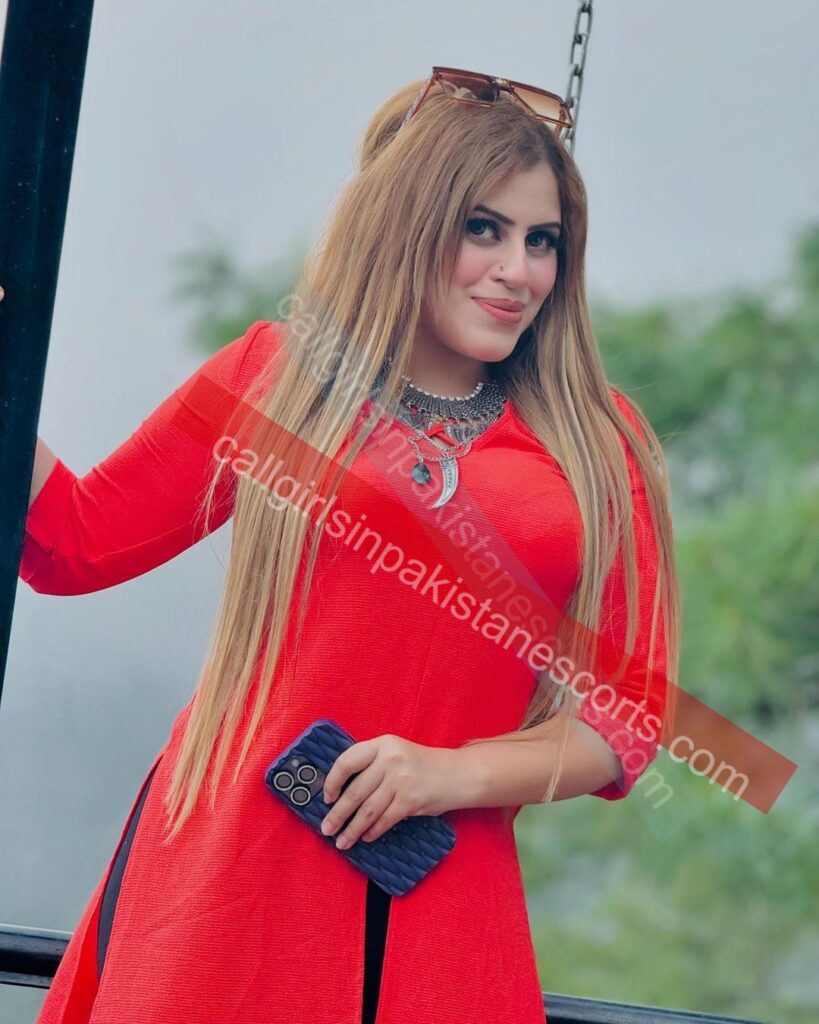Lahore, the cultural and historical heart of Pakistan, is known for its rich traditions, bustling bazaars, and vibrant nightlife. Among its many attractions, Mall Road stands out as a prime destination for shopping, dining, and entertainment. However, lurking beneath the city’s surface is a more controversial aspect of urban life: the presence of call girls. This post seeks to explore the phenomenon of call girls in the vicinity of Call Girls In Mall Road Lahore, addressing the social, cultural, and economic implications while shedding light on a topic often shrouded in stigma.
Understanding the Context
Mall Road has long been a hub of activity in Lahore. Sited in the heart of the city, it encapsulates the essence of urban life, where modernity meets tradition. Flanked by historical landmarks, popular shopping outlets, and eateries, it attracts a diverse range of people, including families, tourists, and professionals. Unfortunately, alongside the legitimate business opportunities flourishing in this area, an underground economy operates, revealing the complex intertwining of various social issues.
The existence of call girls in this context raises numerous questions about the prevailing attitudes towards sex work, gender dynamics, and socio-economic disparities in Pakistani society. In a culture that often grapples with the dichotomy between tradition and modernity, the subject of call girls is fraught with controversy and calls for nuanced understanding.
The Nature of the Call Girl Industry
The call girl industry in Lahore operates much like any other service-oriented business. While the term “call girl” often conjures images of opulence or illicit activity, the reality is more layered. Women in this line of work may enter the industry for various reasons, including financial necessity, lack of employment opportunities, or even as a means of empowerment in a rigid socio-economic framework.
Unlike conventional professions, the call girl industry is inherently precarious. Many women navigate a landscape fraught with potential dangers – from exploitation to health risks – all while contending with societal stigma. The emergence of technology has added a new dimension to this industry, as many women utilize online platforms and social media to leverage their services discreetly. However, it is essential to note that this digital transition has not eradicated the inherent risks associated with sex work.
Motivations Behind Entering the Profession
The motivations for entering this profession amongst women on Mall Road can vary widely. Many women come from marginalized backgrounds, often facing a lack of educational or economic opportunities. For some, engaging in sex work appears to be a viable means of supporting themselves or their families in a struggling economy. Others may represent individuals seeking financial independence and autonomy, navigating societal obstacles through available resources.
While it is crucial to refrain from generalizing the experiences of all women in this profession, understanding their circumstances illuminates larger societal issues. Factors such as regional disparities in education, oppressive socio-cultural norms, and economic instability must be considered to draw a holistic picture.
Societal Perspective
The topic of call girls in Lahore is steeped in complexity and contradiction. Society often harbors a dichotomous view of women involved in sex work. On one hand, they are derided and shamed; on the other, they are subjects of intrigue and fascination. This duality reflects broader societal attitudes toward femininity, sexuality, and economic agency.
Cultural stigma surrounding sex work can lead to the marginalization of women engaged in this profession. When viewed through a moralistic lens, women in the call girl industry are often condemned for their choices, contributing to a cycle of discrimination and violence. Consequently, addressing these issues requires a comprehensive understanding of the societal attitudes that shape perceptions and interactions with sex workers.
Legal and Institutional Framework
Pakistani law does not explicitly criminalize sex work; however, various laws regulate activities associated with it, such as “prostitution houses.” This gray area results in ambivalence and inconsistency regarding the treatment of sex workers. Women in the call girl industry often operate under the threat of police harassment, extortion, and societal backlash. There is a pressing need for reform that acknowledges their rights and addresses their vulnerabilities.
National and local authorities have undertaken initiatives aimed at improving the conditions of marginalized groups, but these efforts often fail to encompass the issues specific to sex workers. Advocacy for sex workers’ rights must strive to balance public health concerns, legal protections, and destigmatization processes that afford dignity and respect to these individuals.
Health and Safety Concerns
Health and safety are paramount for anyone engaged in sex work. Women in the Call Girls In Lahore often face risks associated with sexually transmitted infections (STIs) and other health-related issues, exacerbated by limited access to healthcare services. The criminalization and stigmatization of their profession further hampers their ability to seek appropriate medical help.
Promoting sexual health education and resources remains critical, as it can empower women to take charge of their well-being. Additionally, harm reduction strategies can mitigate risks associated with their profession. Collaborative efforts involving NGOs, public health organizations, and community outreach are essential to promote health awareness and prevent exploitation.






